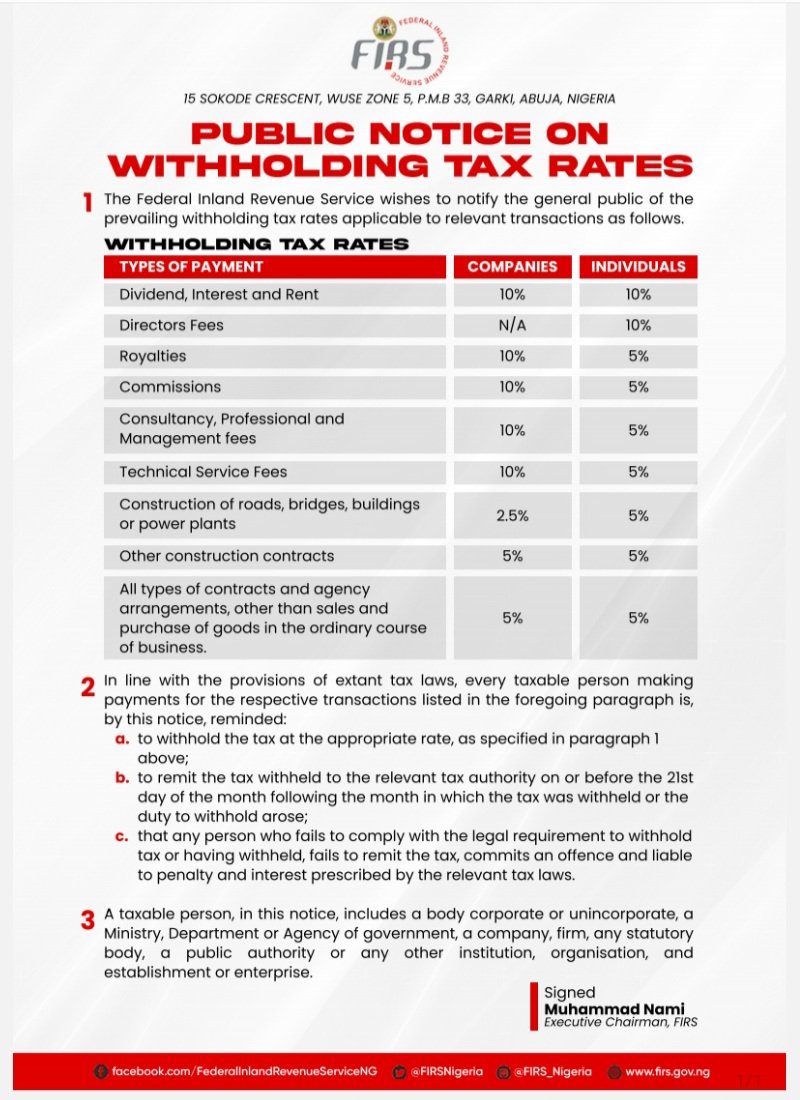On April 16th 1911, Mr. Carl Zimmermann, a South African Dutchman mounted a horse at Wukari with four boxes. His destination was Takum – all in Taraba State. On the second day of his journey, 17th April 1911 and halfway to Takum, he came to a big village and decided to stop.
The founder of the village was Saaitu Deekpe, Chief of the Shitile clan of the Tiv tribe. He was not at hand to receive the horseman because he was busy attending to other urgent matters of his chiefdom. The horseman sent word through an interpreter for the chief to come and join those who were at hand so that he would tell them about ‘Aondo’ – the Tiv word for God which many Tiv people also answer as their name.
“What has Aondo done again?” asked the chief thinking the man wanted to complain about one of his recalcitrant subjects who answered the name Aondo. “I am too busy now to hear this complain about Aondo. Make the white man comfortable and maybe tomorrow I will hear what he has to tell me about Aondo.”
This was a pleasant surprise to the horseman.He had read the accounts of Dr Baikie who embarked on an adventure of the Benue river with Ajayi Crowther in 1854. Baikie had written that the Tiv are an unfortunate tribe that are against everybody and everybody is against them. He went further to conclude that “their rude minds are incapable of comprehending anything beyond war and raping.”
Other accounts he had read from colonial literature about the Tiv people were equally unpleasant and out of tone with the hospitality extended to him at Saaiutu. British colonial administration had up to that time declared the whole of Tivland as unsafe for Christian missionary work. Lord Lugard in his official dispatches described the Tiv people as “ignorant savages and very intractable people who enjoy lawless murders and looting.”
These negative opinions, expressed by people who were in a position to recommend bringing Christianity to the Tiv people were responsible for the delayed arrival of Christianity in Tivland.
There were however a few people who were inspired by the spirit Christ to bring Christianity to Tiv land. Notable among them were Dr Hermann Karl Wildhem Kumm, a German who studied Arabic in the University of Cairo in Egypt and Hausa in Tripoli Libya. He was instrumental to the formation of the Sudan United Mission in the United Kingdom in 1904. In 1907 he travelled to South Africa where they held meetings and in collaboration with Rev George Botha, a young theological graduate and another young man, Mr V H Hosking of the Wesley Church embarked on the arduous task which would bring Christianity to the Tiv people.
Still, given the negative publicity given about the Tiv people by early writers who came in contact with them, the man on the horseback was surprised with the hospitality granted him by Chief Saaitu Deekpe on 17th April 1911. Not only did the Chief allow him stay without molestation or an attack of the poisoned arrow for which the Tiv people were famous, he sent word round and invited his subjects to come and welcome his new guest.
If Mr Zimmermann was surprised, those who knew Chief Saaitu intimately were not. One of his most respected wives, Mrs Kwaghembe Sai (nee Burya) who witnessed the historic event on April 17th 1911 told this writer that the man Chief Saaitu was an enigma.
“He used to boast that he is a man with a coat of many colors: That from his house there will emerge poor men and rich men; good men and bad men; kind people and cruel people; honest men and thieves; small men and giants etc. His decision to welcome the queer man who looked like a sprite, the type that were being hunted and killed with poisoned arrows all over Tiv land and accommodate him in his compound did not come to us as surprise at all. It was in his character,” she told me before her death in 1975.
The surprised horseman took immediate advantage of the unexpected hospitality. He opened the first box and brought out a copy of the Holy Bible and read from John 3; 16. He preached and sang to the assembled crowd. The people were perplexed and started calling “Ortese” meaning the teacher. It was from this first box that Christianity and western educarion took root and has today become the dominant religion of the Tiv people. Chief Saaitu’s son Akighirga (Akiga) was the first Tiv man to be baptized and to profess that Christ was his savior. His other son, Ishoribo-Rev J E I Sai became the first Tivman to be ordained a Priest.This box also contained other books which brought literacy to the Tiv people. Chief Saaitu’s son Akiga was the first Tiv man to be literate and his grandson, Ezekiel Akiga became the first Tivman to get a University degree. Today the Tiv are one of the most educated ethnic groups in northern Nigeria.
Among the people who came to see the strange horseman were people suffering different kinds of ailments. Some had malaria, some had sores and ulcers all over their bodies, others were coughing endlessly. The second box was opened in which an assortment of medicines and the horseman was proceeded to administer these to all the sick people who came. Amazingly they were healed and healthcare became a powerful weapon to induce the sick who in the process of receiving treatment for their ailments also received the word of Christ.
On the second day, the horseman opened the third box. This one contained a hammer and other carpentry and building implements. With these, he erected a structure of his own and thus introduced the Tiv people for the first time to the art of modern architecture.
Soon, the horseman opened his other box, the fourth one. This one contained seeds of fruit trees and vegetables, namely mango, citrus (oranges), grape, avocado, guava, cashew etc. He planted the first mango trees in Tivland which are still standing in Saaitu’s village. The rapid spread of tree crop farming in Tivland came out of this box.
Today Benue is the leading producer of mangos and citrus in Nigeria. The United Nations Development Program (UNDP) estimates that there are 22 million mango trees in Benue equivalent of 220, 000 hectares – all from one of the four boxes with the horseman.
Thus, the horseman, Carl Zimmermann, who arrived Saaitu village on 17th April 1911 with his four boxes brought with him a revolution that has changed the course of Tiv history.








